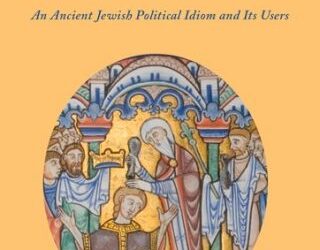Bravo, Eric Clouston! A new book on Acts in its literary context
Eric Clouston, How Ancient Narratives Persuade: Acts in its Literary ContextLanham, MD: Fortress Academic/Rowman & Littlefield, 2020ISBN 978 1 9787 0660 6 I am delighted to receive my copy of my student Dr Eric Clouston’s revised doctoral thesis, How Ancient Narratives Persuade: Acts in its Literary Context. Scholars have long studied the speeches in Acts as persuasive; Eric looks at...


